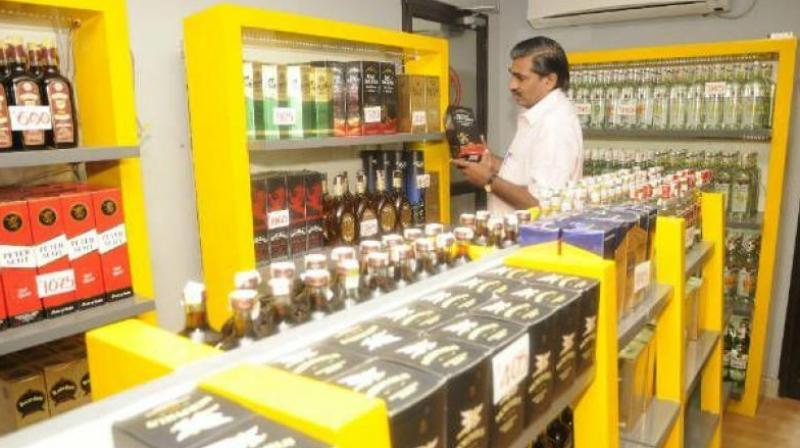Kerala liquor policy before June 30
Minister promises to address concerns raised by state's tourism sector.

THIRUVANANTHAPURAM: Excise Minister T. P. Ramakrishnan on Tuesday said the LDF Government’s new liquor policy would be announced before June 30. The minister told reporters here that the new policy would address the concerns raised by tourism sector. According to a report submitted by the excise department recently, the tourism sector had witnessed drastic fall in revenues following the closure of bars. “Our liquor policy will consider all these issues. It will be a reiteration of what we promised in our election manifesto. We are for temperance and not prohibition,” he said.
The LDF state committee meeting scheduled to be held here on June 8 will discuss the proposals for the new liquor policy in detail. It will also explore the possibility of amending the existing Abkari Act in view of Supreme Court ban on liquor shops along the highways. Sources said the CPM and CPI had reached an understanding on reopening some of the shut bars. During the discussions held within CPM and LDF in the recent months, the proposal to reopen four star bars in tourist destinations had come up prominently.
Besides emphasising on the development of toddy sector, the government is also planning to review the decision to shut 10 per cent liquor outlets annually. There has been a strong demand for relaxing the norms for tourist destinations to make liquor available for tourists and international conferences. There was also a proposal to reopen around 40 bars particularly those located in tourist destinations. Sources said hundreds of conferences, conventions and meetings which used to be held in the state were now happening in other tourist destinations like Goa and Rajasthan.
Proposals like special cards or permits for making liquor available in tourist destinations and one day liquor licenses at reasonable charge for international conferences taking place in tourist destinations, were also discussed. CPM and other LDF allies were of the view that UDF’s liquor policy which was flawed and brought in haste had resulted in bootlegging, illicit liquor, increased use of drugs and psychotropic substances.

